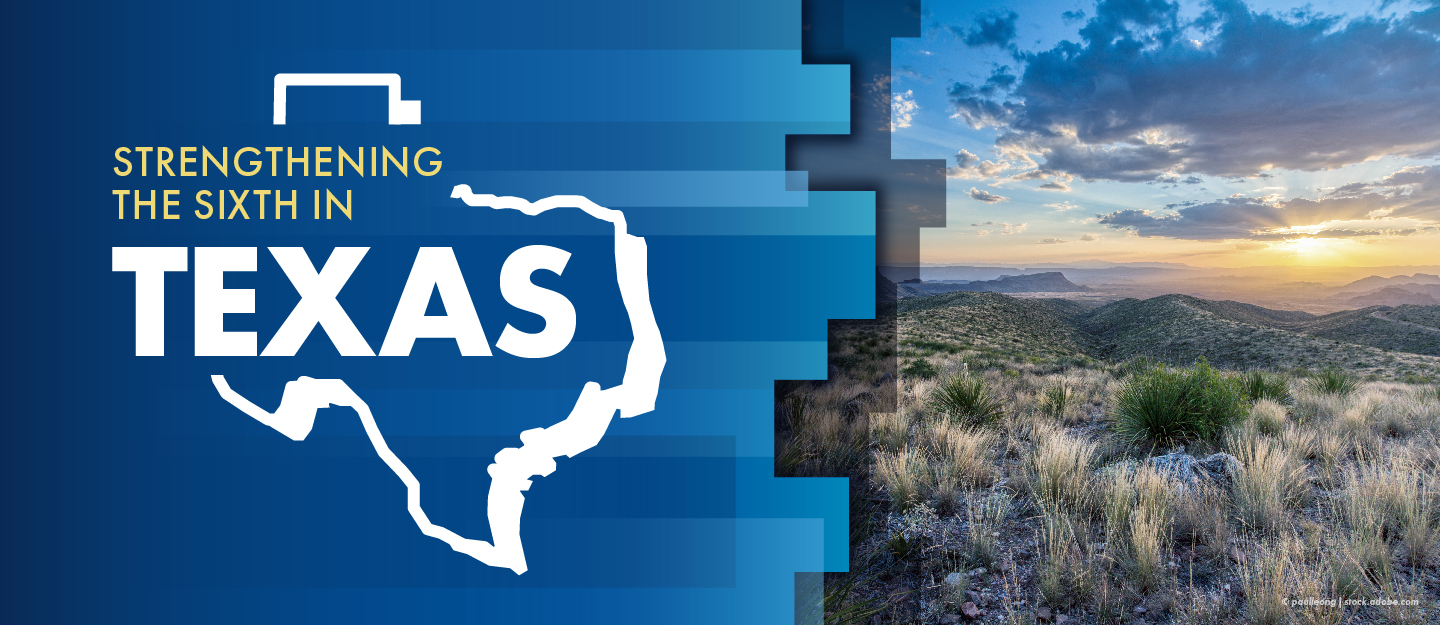Page Hero

Evaluating Investigator Use by Defense Counsel in Texas
The Texas Indigent Defense Commission (TIDC) discovered that 54% of Texas counties reported no expenditures for defense investigation in 2020. The National Association of Criminal Defense Lawyers (NACDL) and RTI International worked with TIDC to better understand these findings by surveying both investigators and defense attorneys and by interviewing judges in these geographic areas. This report examines the utilization practices of investigators in court-appointed cases and reviews the survey findings.
The qualitative and quantitative research conducted in this study supports a conclusion that the underutilization of defense investigators in indigent defense cases is a widespread problem in Texas. Both investigators and defense attorneys agreed that the relationship between the two groups was a positive one, with roughly 90% of both groups either agreeing or strongly agreeing that investigators were valued members of a defense team. However, both groups also identified areas that needed improvement in order to better utilize the skills of investigators and to increase the usage of investigators in indigent criminal cases.
Notably, many investigators reported that courts often limit funding to 10 hours of work and, even when additional hours are requested, they are given in limited quantities. Further, payment from the court could be delayed for months (or sometimes years) which deterred participation in court-appointed cases. Investigators also noted that attorneys sometimes fail to give clear instructions on what the investigator is being asked to do or to provide clear deadlines for the work. Attorneys and investigators sometimes disagreed on the tasks investigators were most frequently being asked to conduct; for example, 90% of investigators reported that they frequently or almost always review body-worn camera and other video footage for a case, while only 35% of attorneys reported assigning these tasks with frequency.
Most judges reported that they thought investigators were being requested when they were needed, that investigator requests were being approved frequently, and they did not feel that changes to the request process was required. Judges were not as familiar with the process of issuing payments to investigators. However, two judges did mention that lack of investigators in their respective geographic areas was a concern.
Based upon the information gathered, the following recommendations are made:
- Shift the review and approval of requests for defense investigators and the payment for investigator services from the judiciary to public defense service providers.
- Increase investigator usage in misdemeanor and juvenile cases.
- Promote early access to investigator services.
- Pool resources and develop hubs for defense access to investigator experts.
- Identify area of “investigator deserts” and promote greater access to investigators in these regions.
- Improve investigator compensation practices.
- Provide regular training for investigators, defense lawyers, members of the judiciary, and the community on the role and importance of defense investigators.
- Improve data collection and transparency regarding investigator expenditures and usage.
- Develop specialized grant opportunities to facilitate implementation of these recommendations
Read The Full Report Short Report













